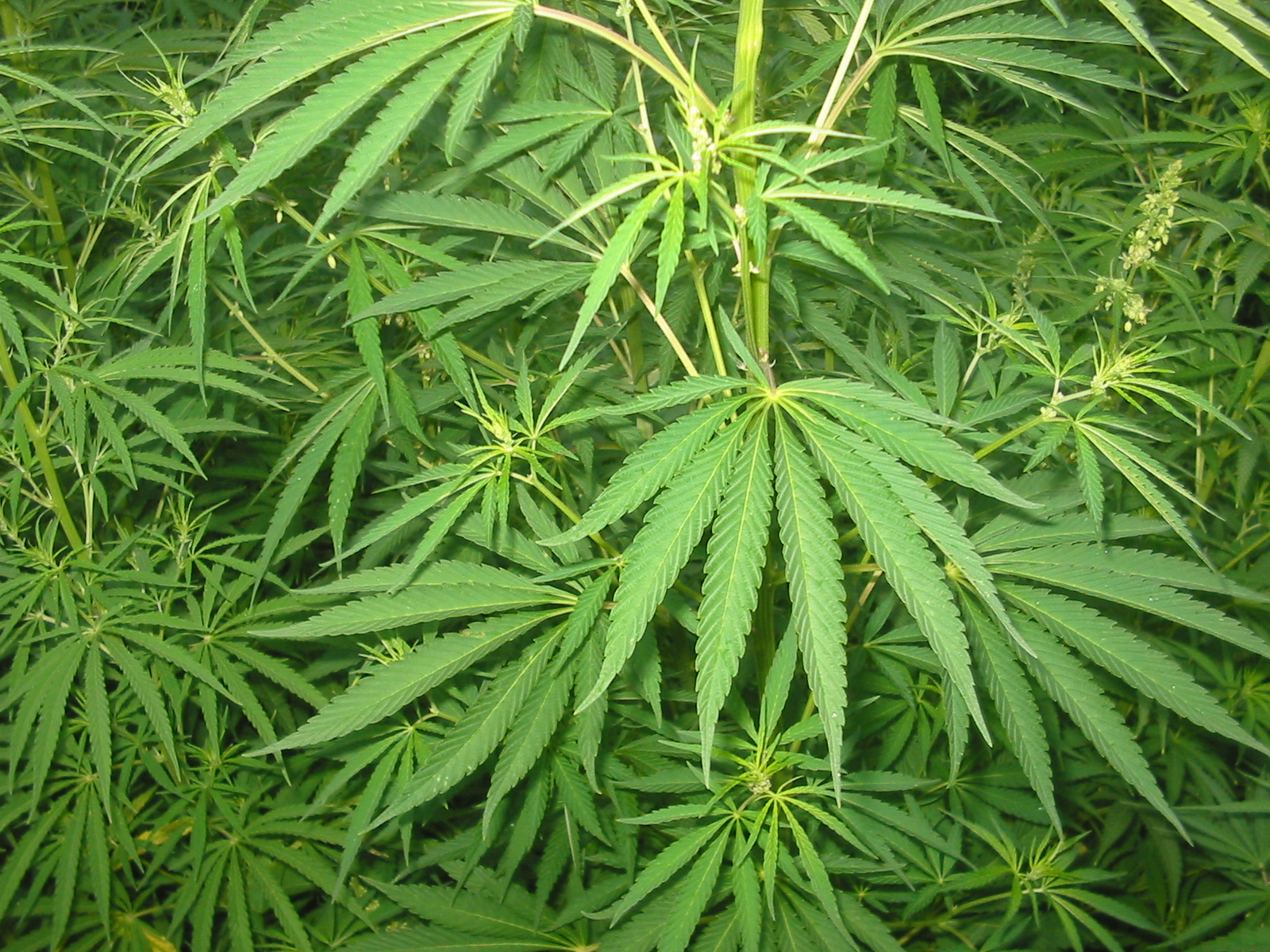OPINION: Decriminalization of marijuana is dangerous

President Joe Biden recently announced his plan to decriminalize marijuana possession by pardoning all offenses at the federal level and encouraging governors to do the same at the state level, according to an Oct. 6 statement.
One major reason many people are in support of this is because it will release people incarcerated on charges of marijuana possession or use and allow them to apply for jobs and housing without the charges in the way.
While it is unfortunate a conviction of marijuana use or possession would be a barrier to these things, that does not justify the damage that would be done by legalizing it.
This plan has the potential to cause a lot of harm. Marijuana is a dangerous drug, and possession and use should remain criminalized.
As marijuana becomes more easily accessible, there will be an increase in cases of addiction and substance use disorder. About three in 10 users develop marijuana use disorder, meaning they are unable to stop even though it is causing health and social problems, according to a 2020 Centers for Disease Control and Prevention report.
Marijuana use among college students is higher now than it has been in 35 years. Currently, 43% of college students use it. This number has increased 7% in the past five years, as stated in an Aug. 9 article by Addiction Group, a website created by researchers and medical professionals dedicated to helping those suffering with alcohol and substance use disorders.
Just because marijuana use is becoming more common doesn’t mean it isn’t dangerous. Over 25% of USF students feel there is a great risk involved in regular use of the drug, according to the USF Center for Student Well-Being’s website.
Weed has many harmful effects on the body. Smoking it can cause scarring and damage to the tissue and blood vessels in the lungs, as stated in an Aug. 3 article by the American Cancer Society. The smoke itself also has a lot of the same irritants and cancer-causing substances as tobacco smoke, which are extremely harmful to the lungs and cardiovascular system.
Use of this drug also directly affects the parts of the brain responsible for learning, attention, decision-making, coordination and reaction time, among others, according to a 2020 CDC report. It also has a detrimental effect on brain development.
Marijuana use is linked to disorientation, temporary psychosis and paranoia, as well as long-term mental illnesses such as schizophrenia, as stated by the CDC.
“The association between marijuana and schizophrenia is stronger in people who start using marijuana at an earlier age and use marijuana more frequently. Marijuana use has also been linked to depression, social anxiety and thoughts of suicide, suicide attempts and suicide,” the CDC said.
The marijuana consumed today is also much more potent than it has ever been before, which exacerbates these effects, according to a 2020 article by the CDC.
“THC, or delta-9-tetrahydrocannabinol, is the chemical responsible for the drug’s psychoactive effects. In the 1970s, most marijuana contained less than 2% THC. Today, marijuana routinely contains 20–25% THC,” as stated in a 2019 National Library of Medicine study.
Because this drug has so many adverse effects, marijuana use and possession should remain illegal.
This attempt to decriminalize marijuana at the federal and state level is not the progressive step forward that many seem to believe, and it will likely lead to an increase in addiction and substance use disorder.






